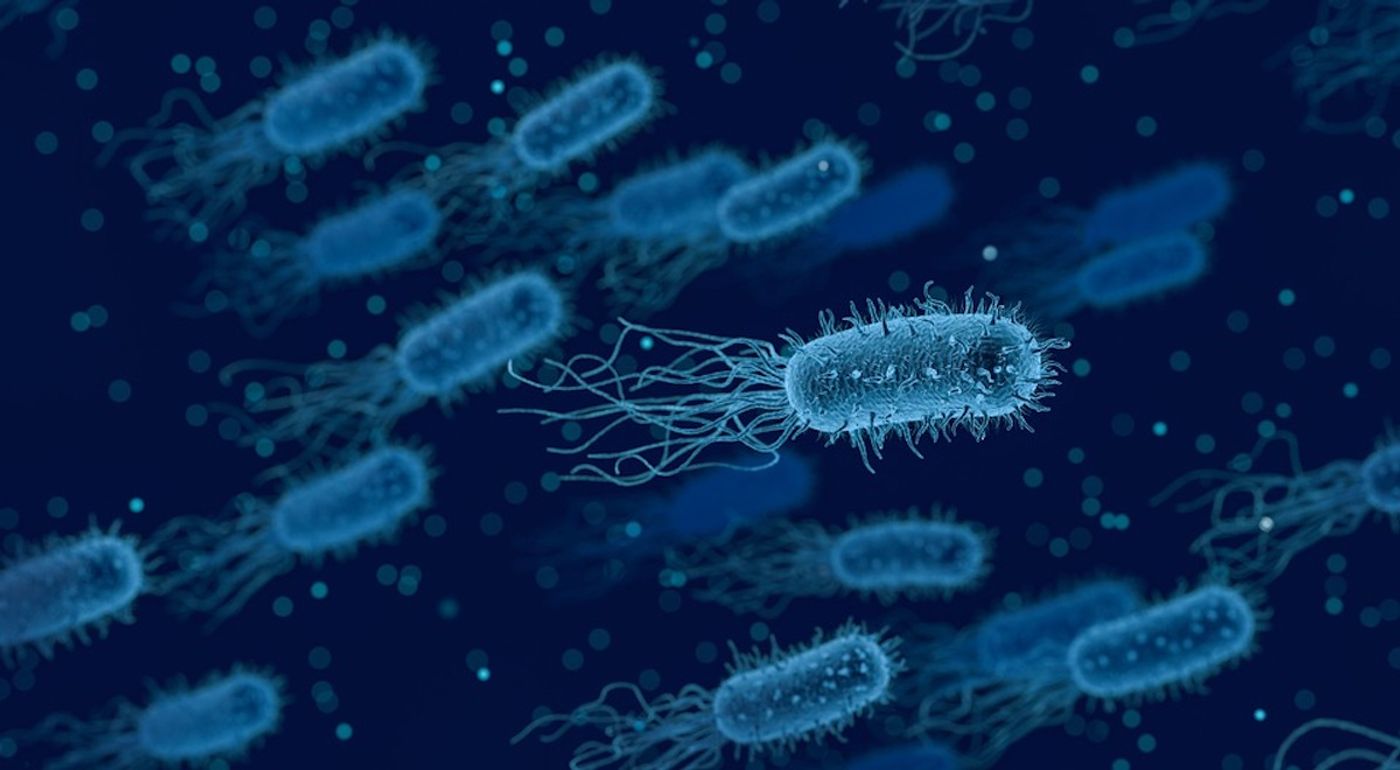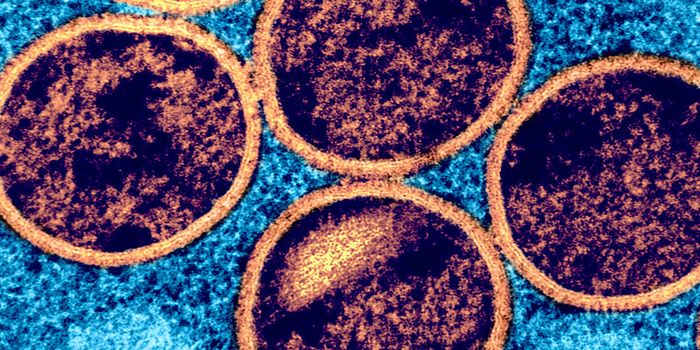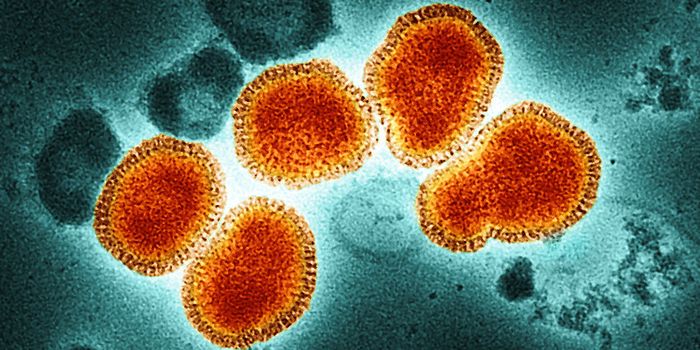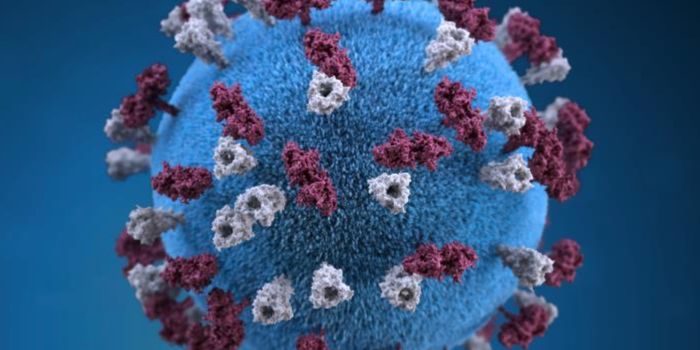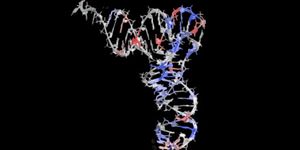Developing a Framework for Microbiome Research
Scientists and clinicians are beginning to recognize the power of the microbiome - the microbes that we carry in and on our bodies. The human gut microbiome has been connected with a wide variety of diseases, including autoimmune, psychiatric, and metabolic disorders. To help advance research in this area, the U.S. Department of Energy (DOE) Office of Science has begun The National Microbiome Data Collaborative (NMDC). The effort will help the research community benefit from and make use of powerful computational tools so their work isn't hampered by research bottlenecks.
Earlier this year, researchers from the Wellcome Sanger Institute described the Human Gastrointestinal Bacteria Culture Collection in Nature Biotechnology. They sequenced the genomes of 273 different species of gut bacteria, which had been found in human fecal samples. Over one hundred of these species had not been described before. Some members of that group reported another 1,952 candidate species for the human microbiome in a 2019 Nature study.
This illustrates the sheer potential number of bacterial strains that might be found in a human sample. We also may not have found all of the potential species that humans are hosting. The identification of these individual microbial strains has been made possible by rapid advances in genomic sequencing technologies, but studying them requires vast computational power that can handle massive amounts of data. This work will aid in that process. It will also help scientists begin to delve into the impact of specific microbes - whether they contribute to disease, or how they might be used therapeutically, among other questions.
Emiley Eloe-Fadrosh of the DOE Joint Genome Institute (JGI) will lead the NMDC in creating a framework to enable partnerships that maximize the capabilities of DOE national labs.
"While this pilot project is led by DOE national labs, the data sets, resources, and community opportunities are open to all microbiome researchers, regardless of funding, institute, or domain," noted NMDC Deputy Lead and JGI Director Nigel Mouncey.
The researchers want to integrate data sets from the microbiome. Bacterial proteins that are expressed - the proteome, bacterial genes that are expressed - the transcriptome, and bacterial genomes will all be accessible and can be analyzed along with metabolic and environmental data. This will enable interactions between the host and the microbiome, bacteria within the microbiome, and the environment and the microbiome, to be characterized and understood.
"The study of microbiomes is currently one of the most promising arenas for discoveries to advance human health and environmental science. We are just beginning to understand the implications of this new frontier," said Stanton Martin of the ORNL. "I am excited to be part of the NMDC project, which will serve as an integral public resource for data relating to microbiomes."
The project will begin with an initial phase that is scheduled to last for 27 months. Learn more about the NMDC from the video.
Sources: AAAS/Eurekalert! via DOE/Lawrence Berkeley National Laboratory
